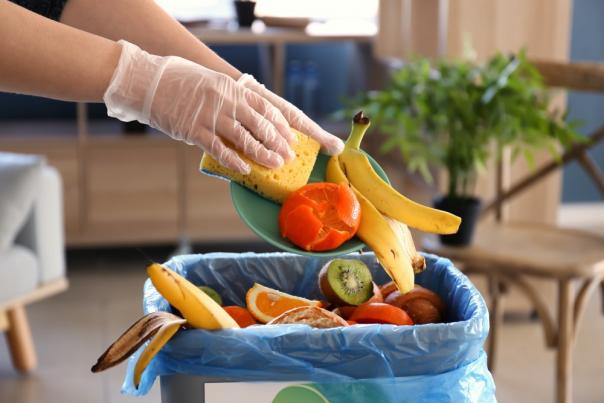
WRAP’s Food Waste Action Week, which took place from 7-13 March, aims to raise awareness of the environmental consequences of wasting our food, and to inspire actions that help to reduce this waste.
According to WRAP, worldwide we waste a staggering 1.3 billion tonnes of food globally each year, which equates to one third of all food produced for human consumption. One of the UN Sustainable Development goals is to halve global food waste by 2030.
In Europe alone, up to 20% of all produced food is wasted. By eliminating household and catering food waste in Europe and the Americas would add 10% to the world's food supply.
Through practical advice and support, Allmanhall is committed to helping its clients make food cost savings and have a positive impact when it comes to sustainability, both of which can be achieved by reducing waste.
Hayden Hibbert, director of client relations, outlines some achievable actions that can be implemented to help reduce this food waste at this critical time:
Avoid overbuying stock – make sure you only purchase what you need. This is especially relevant when it comes to perishable products. There is always a temptation to stock up, just in case of delivery issues in the food supply chain and in times of uncertainty.
Store food correctly – are you confident that all food is being stored at the correct temperature? And that fridges and freezers are operating at the correct temperatures? Rotate stock appropriately, especially your perishable items.
Label food correctly – if food is decanted into different containers for storage then make sure they are clearly label with allergens, date information and a product description. Keeping stock organised makes it much easier to keep track on what you have and what needs using. It also helps reduce the chance of unlabelled containers from simply being thrown away either in error or because you don't know what's in them.
Keep a stock inventory - to prevent waste you should always know exactly which foods you have in stock. This means keeping a detailed list of the foods in all of your storage areas including their use by or best before dates. This list should easily accessible so you can refer to it as needed.
Ensure deliveries match orders – make sure you only accept exactly what you ordered, and that the product is well within its use by date. And that it is of good quality.
Portion Control – Make sure you portion specification matches the requirement of your diner. It is estimated that over a quarter of customers leave food on their plate at the end of their meal. This waste is avoidable and will also help your food spend budget.
Don’t overextend your menu – keep it simple! This produces a number of benefits from cost management to waste management. The bigger and more extensive your menu the more stock you need to hold. This heightens the risk of unnecessary waste.
For inspiration regarding making the most of food that would otherwise be wasted, see these recipe ideas https://allmanhall.co.uk/recipes.